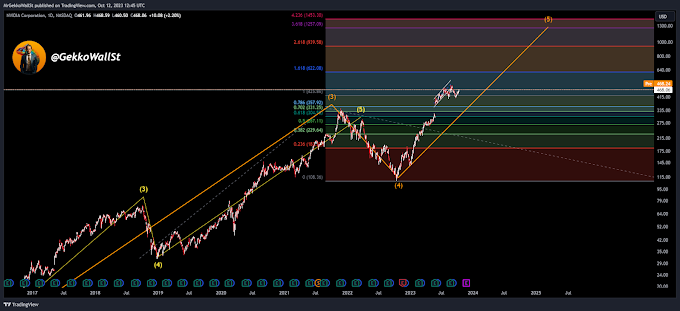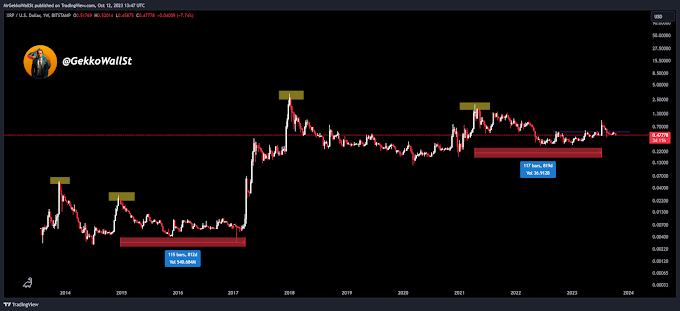Smart contracts are computer programs that automatically execute and enforce the terms of an agreed-upon contract between two or more parties. They were popularized by the Ethereum blockchain but are also present on other blockchain platforms. Smart contracts are designed to automate and ensure the execution of agreements without the need for intermediaries.
Here's a basic explanation of how smart contracts work:
1. Coding Contract Terms: The parties involved in the contract agree on the terms and conditions of the contract. These terms are then translated into programming code.
2. Implementation on the Blockchain: The smart contract code is uploaded to the blockchain. The blockchain is a distributed, immutable, and decentralized ledger that maintains a history of all transactions and operations.
3. Automatic Execution: Once the smart contract is on the blockchain, it becomes public and visible to all participants on the network. When the conditions set in the contract are met, the contract is automatically executed. This can involve the transfer of digital assets (cryptocurrencies, tokens), updating records, or performing other programmed actions.
4. Immutability and Security: Smart contracts are immutable, meaning that once they are created and implemented on the blockchain, they cannot be altered or deleted without network consensus. This provides a high level of security and trust in transactions.
5. Elimination of Intermediaries: Smart contracts eliminate the need for intermediaries such as lawyers or financial institutions to oversee and execute the contract. This reduces costs, accelerates the process, and minimizes the risk of human error.
6. Oracles: Smart contracts may be limited in their ability to interact with external information not available on the blockchain. To overcome this limitation, services called "oracles" are used to provide external data to the contract, enabling it to make decisions based on that information.
7. Costs and Scalability: Executing smart contracts on the blockchain may incur transaction fees, and on some platforms, these fees can be affected by the network's limited scalability.
It's important to note that programming smart contracts requires a solid understanding of programming and blockchain concepts. Additionally, while smart contracts offer many advantages, they can also pose challenges such as the potential for programming errors that can lead to unintended outcomes or security vulnerabilities. Therefore, careful code review and consideration of legal and operational implications are essential before implementing a smart contract.





